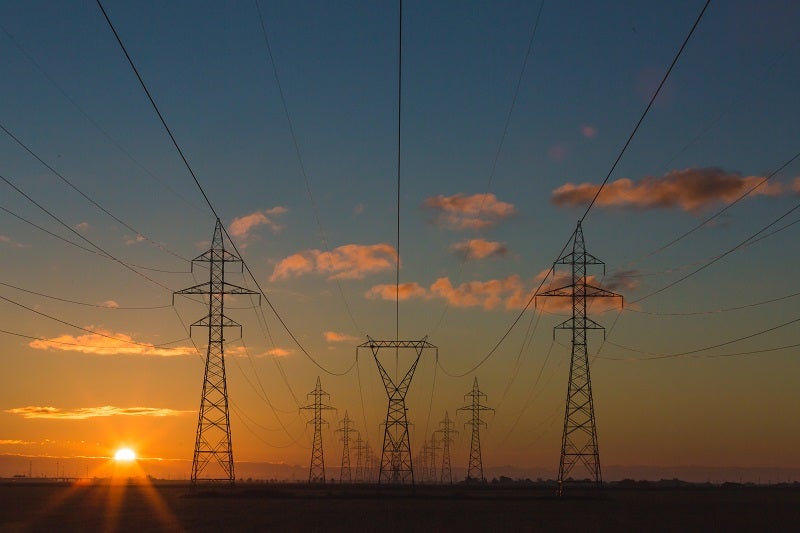
The African Development Bank (AfDB) has started a feasibility study in order to explore electricity cooperative business models in Nigeria and Ethiopia.
Funded by the South-South Cooperation Trust Fund, the study will be carried out by the National Rural Electric Cooperative Association (NRECA) International over a period of three months.

Discover B2B Marketing That Performs
Combine business intelligence and editorial excellence to reach engaged professionals across 36 leading media platforms.
AfDB Power Systems Development director Batchi Baldeh said: “This study is timely and aligned with the bank’s New Deal for Energy in Africa. We look forward to working with NRECA International to execute the study, and to leverage its extensive experience in electricity cooperative business models to pave the way for the implementation of transformational projects across Africa.”
As part of the study, NRECA will focus on the regulatory, legal, technical and socio-economic factors that impact the creation of electric cooperatives in the two nations.
The initiative is reported to be part of AfDB’s goal of achieving universal electricity access across Africa by 2025.
Due to power shortage in the region, the GDP growth is reported to have been going down by 2%-4% per year, holding back job creation and poverty reduction efforts.

US Tariffs are shifting - will you react or anticipate?
Don’t let policy changes catch you off guard. Stay proactive with real-time data and expert analysis.
By GlobalDataBaldeh further added: “We selected Nigeria and Ethiopia following dialogue with their respective ministers of energy during the bank’s Africa Energy Market Place held in July 2018, where they expressed their governments’ commitment to improving rural access through established models.
“We rely on this cooperation to explore this innovative model of delivering our High 5 to light up and power Africa.”
AfDB noted that the findings of the study will be released later this year in May and also will inform the viability of plans to pilot the model in the selected countries.
Last February, AfDB unveiled plans to provide 29.3 million people in Africa with electricity by 2020.





